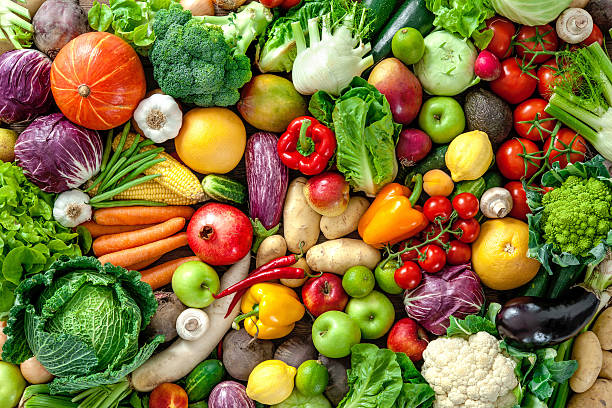
These 6 basic vegetable gardening tips will help you get started in your vegetable garden.
6 Tips for Starting a Vegetable Garden
These 6 basic vegetable gardening tips will help you get started in your vegetable garden.
1. Choose a sunny spot for your garden. Most vegetables grow best when exposed to direct sunlight, but some do require shade, especially during the hotter months. Ideally, your garden should be getting six to eight hours of full sun per day.
2. Determine your garden’s size. It’s important to give your vegetables enough room to root and grow. If you have enough room in your yard, consider raised beds. Raised beds are often more productive than beds in the ground because the soil is less compacted, has better drainage, and warms earlier in the spring, meaning that plants will start to grow earlier in the season. If you live in an apartment with a balcony or windows with plenty of direct sunlight, consider growing your garden in small planters.
3. Select your vegetables. Different vegetables have different growing seasons; choose which ones to plant depending on the time of year. Geography is also a factor, so consult a growing guide to find each vegetable’s optimal growing time in your region. Many common vegetables like eggplant, sweet potatoes, and zucchini are warm-season crops. Leafy greens like spinach, rhubarb, and chard grow in cooler months, as do kale, turnips, cauliflower, broccoli and brussel sprouts.
4. Invest in good soil. There are six types of garden soil: sand, silt, clay, peat, chalk, and loam. Most vegetables grow best in loamy soil. The ideal soil ratio for vegetable garden loam is approximately 40 percent sand, 40 percent silt, and 20 percent clay. Consider adding mulch, compost, or other organic matter to your garden to improve your vegetables' health.
5. Add compost to your soil. Compost contains fungi, bacteria, and minerals that are beneficial to plants. It promotes strong immunity in your plants and expands the life of your crops. Also try Vermicompost, adding earthworms to your soil.These amazing creatures can turn your garden into a lush and flowering wonderland, provided the earthworms can thrive in the soil. Vermicompost is good for all plant life because the earthworms encourage plant germination and improve the soil’s ability to retain water. You want these creepy crawlers in your garden!
6. Make weeding part of your routine. Keeping weeds out of your garden is very important to your vegetables health.They steal light, water, and nutrients from the vegetables, and they shelter insects and disease.You'll want to pull them before the afternoon, while the soil is still damp and the weeds are easy to remove. Pulling them out by their roots is the best approach.
Growing your own vegetable garden has many benefits. In addition to the common benefits such as cost savings, healthier vegetables and being Eco-friendly, gardening can also be a healthy stress relieving workout. Whatever your reasoning, get outside and have some fun!

Leave a comment